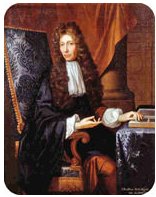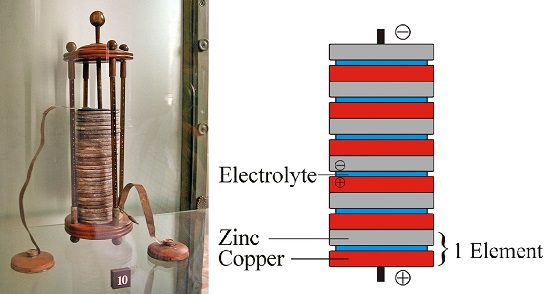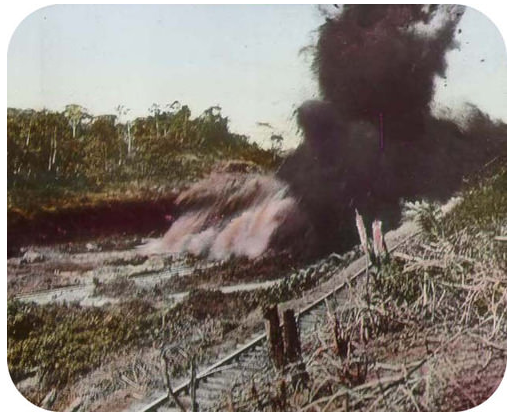Reaction intermediates in organic chemistry
A reaction intermediate is a short lived high energy, highly reactive cannot be isolated, which is format in between reactant and product.
Example : Carbocation, carboanion, freeradical, carbene, benzyne and nitrenes.
Carbocation :-
Species having a is positively charged carbon atom and six valency cell electron is called Carbo cation.
the carbon cations by heterolytic cleavage of a covalent bond.Example :
Shape of carbocation :-
The carbocation atom of carboncation is Sp2 hybridized.Therefore the shape of carboncation is planar triangle having bond angle 120 degree.
The perpendicular P-orbital is lying vacant.
There are two types of carboncation :-
1. Carbonium ion /Classical carbocation :-
Example :
2. Non-classical carbonium ion :-
Example :In non classical carbocation the co-ordination number of positively charged is 4-5.
Stability of carbocation :-
Tropylium > Tributyl methyl > Benzyl carbocation >Allyl carbocation > 3 degree butyl carbocation > Isoproyl carbocation > CH3CH2+ > CH3+The stability of carbocation is explained on the besis of -
1. Inductive effect.
2. Steric effect.
3. Resonance effect .
4. Solvation effect .
5. Hyper conjugation .















 Hello Friends,
My Name is Sonu.This is my blog "Chetiwer". In this blog you learn about Chemistry . I hope this blog is useful for you .
Hello Friends,
My Name is Sonu.This is my blog "Chetiwer". In this blog you learn about Chemistry . I hope this blog is useful for you .
No comments:
Post a Comment